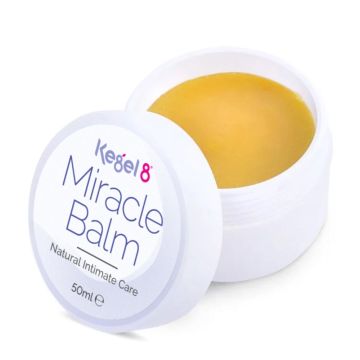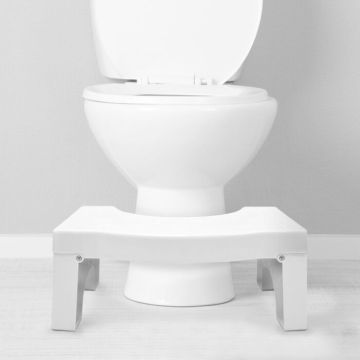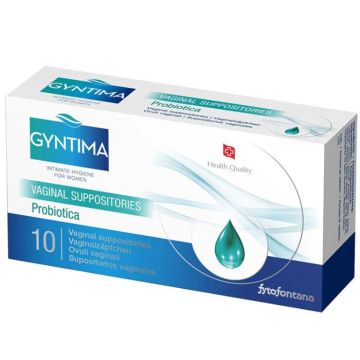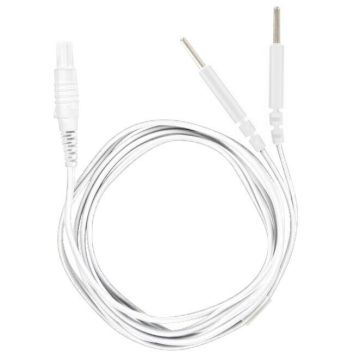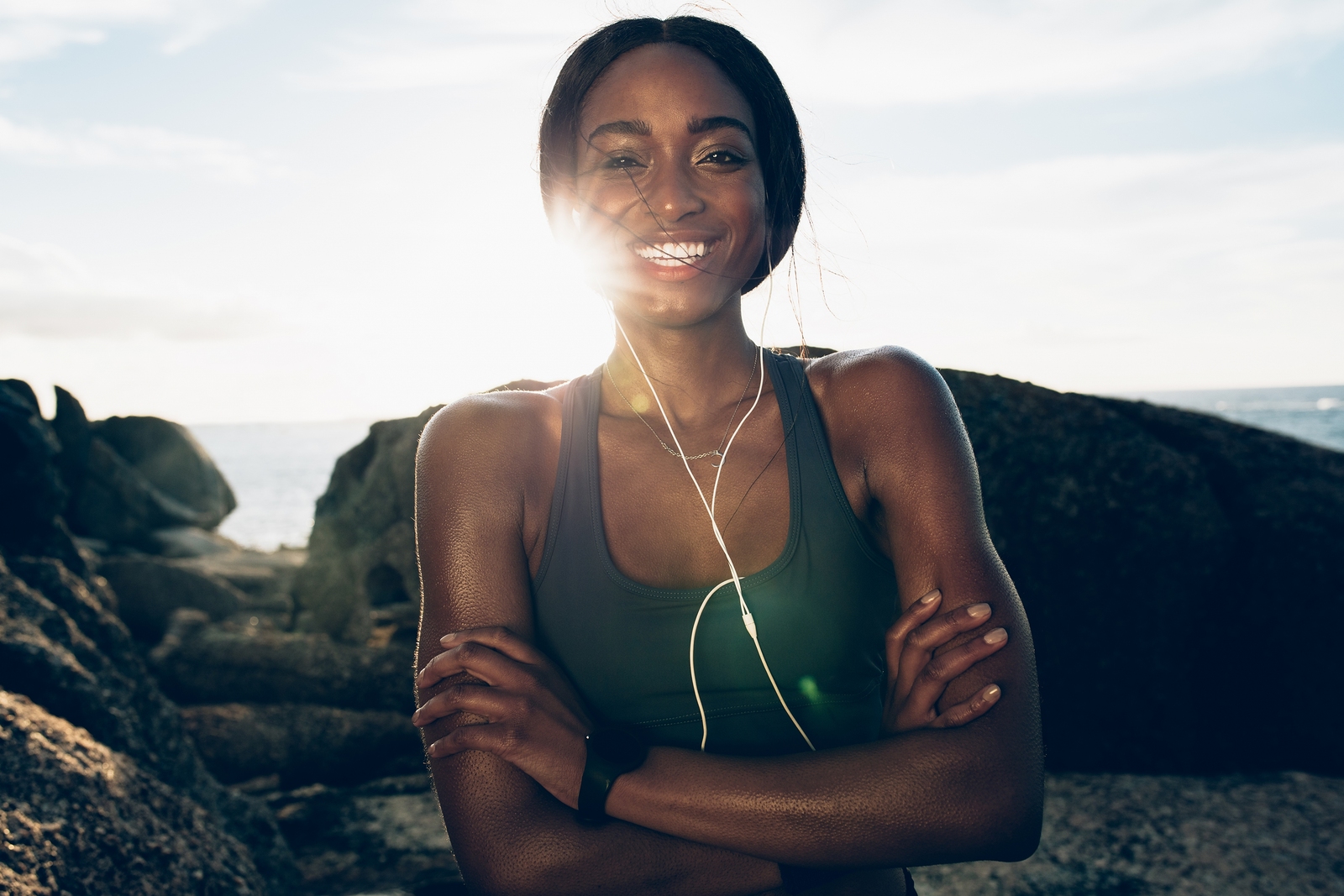
Imagine – it’s the weekend and you’ve had a good few pints in celebration for the end of another week. You stumble home and fall into bed, only to awaken the following morning covered in damp sheets… Was that you? Surely not…
Sound like a familiar situation? Adult bedwetting and alcohol consumption often come hand-in-hand, especially if you already suffer from slight bladder weakness. Read on to learn why this could be happening to you, and how you can prevent it!
If you find that you regularly wet the bed after a night of drinking – don’t worry, it’s not uncommon. In fact, every 1 in 100 adults can be affected by bedwetting during their adult life. This is the same amount of people that are affected by coeliac disease and autism!
Why Does Alcohol Cause Incontinence?
Although alcohol doesn’t directly cause incontinence by itself, it can certainly be a trigger for those who already suffer from bladder leakage.
Alcohol is a diuretic. This means that by consuming it, the production of urine simultaneously increases and can cause you to visit the bathroom a lot more than usual. Alcohol also irritates the bladder. This irritation can also worsen the symptoms of an overactive bladder.
How Does Alcohol Irritate the Bladder?
Alcohol increases the acidity of your urine. This urine can then irritate the lining of your bladder.
Reducing the amount of alcohol that you drink can help you to prevent regular UTIs and urge incontinence.
How To Prevent Adult Bedwetting
It may be worth trying to eliminate alcohol if you suffer from regular incontinence episodes. If this is an unlikely possibility, try cutting down the amount you drink – drinking in excess is more likely to lead to incontinence.
If you struggle with bladder leakage, alcohol isn’t the only aspect of your diet that you should keep an eye on.
Food and Drink That Can Irritate the Bladder:
- Coffee
- Tea
- Carbonated drinks
- Sugar
- Cranberry Juice
- Spicy food
- Citrus food
- Acidic food
- Chocolate
Kegels!
Altering your diet completely may be not achievable for some. That’s why it’s important to prepare your pelvic floor and strengthen the muscles today to prevent a pelvic floor disorder from developing.
You can strengthen your pelvic floor by either manually exercising your pelvic floor muscles with Kegels, or by using an electronic toner that does all the work for you!
Learn more about strengthening your pelvic floor here.
Reviews for the Kegel8 Ultra 20 Electronic Pelvic Toner
Nikki - Excellent!
"I was skeptical at first, but oh my days. It works. Even within a few days use I noticed the difference. I use mine for OAB, so hopefully no more pads - which are expensive and always on going. Whereas with the Kegel8 Ultra 20, it is expensive but definitely pays for its self in the long term. Thank you! ”
Karina - Great Device!
"A great device that has helped me a lot in my problems of anal incontinence, I've used it for three months and I control my bowel better! I am relieved from a lot of discomfort caused due to incontinence, so I plan to continue using the Kegel8 Ultra 20! ”
Sources
[1] National Association for Continence (2017) COULD ALCOHOL CONSUMPTION BE CONTRIBUTING TO YOUR INCONTINENCE OR BEDWETTING PROBLEM? [online]. NAFC [viewed 14/01/2019]. Available from https://www.nafc.org/bhealth-blog/could-alcohol-consumption-be-contributing-to-your-incontinence-or-bedwetting-problem
[2] Bladder & Bowel Community (2019) Nocturnal Enuresis [online]. Bladder and Bowel Support Company [viewed 14/01/2019]. Available from https://www.bladderandbowel.org/bladder/bladder-conditions-and-symptoms/nocturnal-enuresis/
[3] Guy's and St Thomas' NHS Foundation Trust (2016) How drinks affect your bladder and bowel [online]. NHS [viewed 14/01/2019]. Available from https://www.guysandstthomas.nhs.uk/resources/patient-information/elderly-care/How-drinks-affect-your-bladder-and-bowel.pdf
[4] Coeliac UK (2019) Myths about Coeliac Disease [online]. Coeliac UK [viewed 14/01/2019]. Available from https://www.coeliac.org.uk/coeliac-disease/myths-about-coeliac-disease/
[5] National Autistic Society (2019) Autism facts and history [online]. National Autistic Society [viewed 14/01/2019]. Available from https://www.autism.org.uk/





